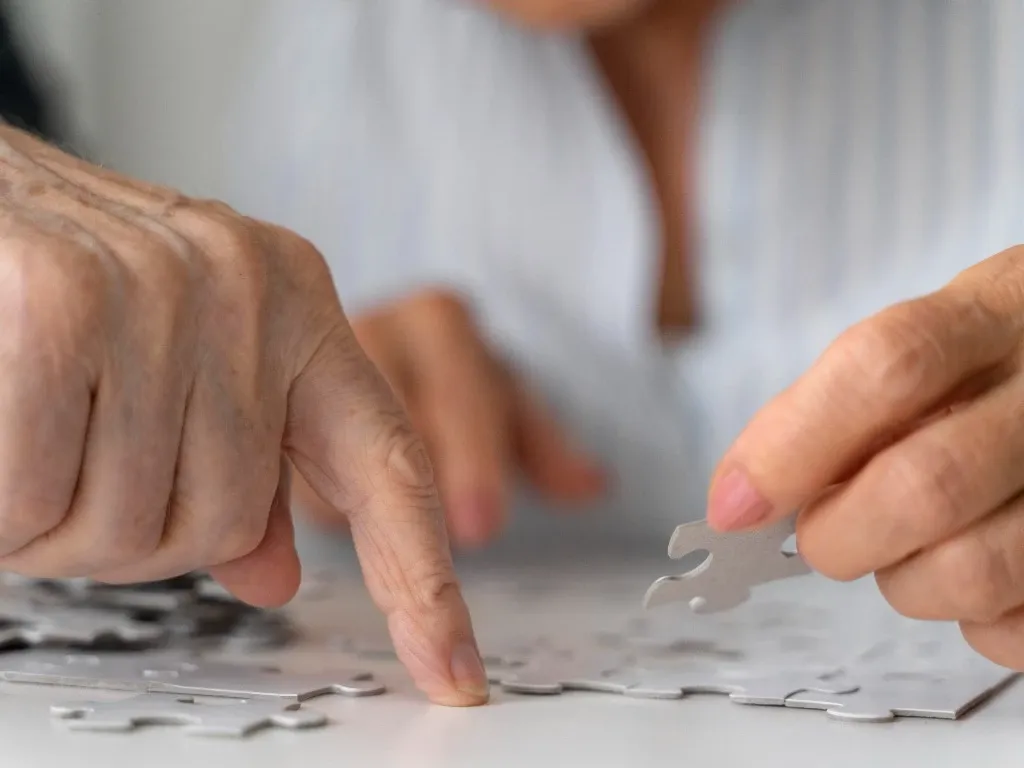2. Ensuring proper hygiene and personal care for the patient, providing comprehensive support and guidance to the family, and creating a list of essential items to assist with
their personal hygiene routine.
3. Paying attention to their dietary needs and encouraging the adoption of healthy eating habits suitable for their condition.
4. Making all necessary arrangements with the family when going to public places. This includes determining a suitable time to go out, making reservations at places that
accommodate their condition, and carrying a card with all the patient's information in case of emergencies.
5. Addressing sleep problems in individuals with Alzheimer's using effective methods.
6. Monitoring the patient's lifestyle and new habits, as well as providing education to the family on how to cope with them.
7. Ensuring the patient's surroundings are tailored to their current situation and prioritizing safety to enable them to maintain their daily routine.
8. Providing guidance to family on tools that can assist patients in living their lives normally and without any physical or psychological harm, ( tools file source: the Alzheimer's
Association.)
9. Offer psychological support to assist the patient's family and relatives in adjusting to changes in personality and behavior.
10. Assisting children in the family to gain knowledge and understanding of Alzheimer's disease and how to interact with a patient during visits..
11. Scheduling family visits during the patient's optimal times.
12. Educating visitors on the proper methods of communication and interaction with an Alzheimer's patient.
13. Coordinating all necessary arrangements and accommodations for the patient's travel, in consultation with their attending physician (if applicable)







